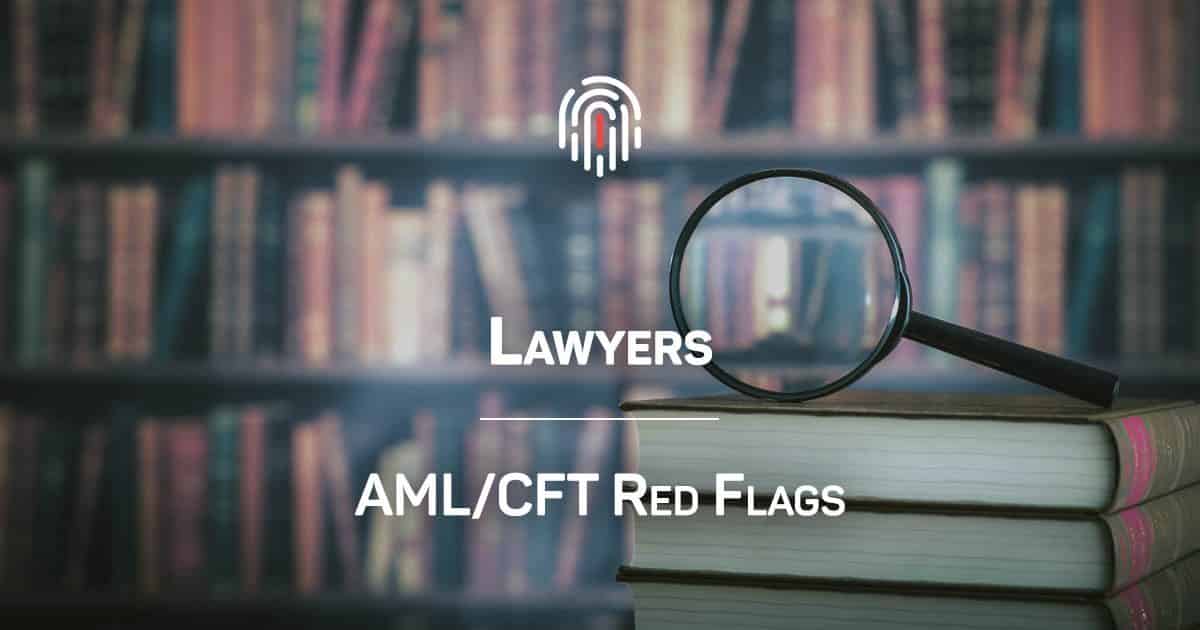
Explore the Library
Type of client (Client risk factors)
- Non-resident client and client who has no address or multiple addresses
- Client or beneficial owner who is a politically-exposed individual or a family member or close associate of any such individual
- Legal persons or arrangements that are personal asset holding vehicles
- Companies with nominee shareholders or bearer shares
- Businesses that are cash-intensive
- Client with criminal convictions involving fraud or dishonesty
- Client shows an unusual familiarity with respect to the ordinary standards provided for by the law in the matter of satisfactory client identification
- Client who asks for short-cuts and unexplained speed in completing the transaction
- Client is overly secretive or evasive (e.g. of who the beneficial owner is, or the source of funds)
- Client is actively avoiding personal contact without good reason
- Client is willing to pay fees without requirement for legal work to be undertaken (other than deposits as requested by you in advance of the work to be undertaken)
Type of client (Country/territory risk factors)
- Client is from or in any country or jurisdiction in relation to which the FATF has called for countermeasures or enhanced client due diligence measures
- Client is from or in any country or jurisdiction known to have inadequate measures to prevent money laundering and the financing of terrorism
The business relationship with the client
- Instructions to a legal practitioner or law practice at a distance from the client or transaction without legitimate or economic reason
- Instructions to a legal practitioner or law practice without experience in a particular speciality or without experience in providing services in complicated or especially large transactions
- Use of client account without underlying legal services provided
- Payments are made by the client in actual cash (in the form of notes and coins)
- The transaction relates to, any country or jurisdiction in relation to which the FATF has called for countermeasures or enhanced client due diligence measures
- Disproportionate amount of private funding for the purchase of real estate/property which is inconsistent with the socio-economic profile of the client
- Large cash payments made for purchase of interest in land whose value is far less, or the method of funding is unusual such as funding from a third party who is not a relative or known to the
- buyer, or there is an absence of any logical explanation from the parties why the property is owned by multiple owners or by nominee companies
- Unusually high levels of assets or unusually large transactions in relation to what might reasonably be expected of clients with a similar profile
- Transfer of real estate between parties in an unusually short time period
- Requests by the client for payments to third parties without substantiating reason or corresponding transaction
- Instructions by the client for the creation of complicated ownership structures where there is no legitimate or economic reason
- Disputes which are settled too easily, with little involvement by the legal practitioner or law practice (may indicate sham litigation)
- Abandoned transactions with no concern for the fee level
- Loss-making transactions where the loss is avoidable
- An absence of documentation to support the client’s story, previous transactions or company activities
- Unexplained use of express trusts
- Unexplained delegation of authority by the client through the use of powers of attorney, mixed boards and representative offices
- In the case of express trusts, an unexplained relationship between a settlor and beneficiaries with a vested right, other beneficiaries and persons who are the object of a power
- In the case of an express trust, an unexplained (where explanation is warranted) nature of classes of beneficiaries and classes within an expression of wishes

Leave a Reply